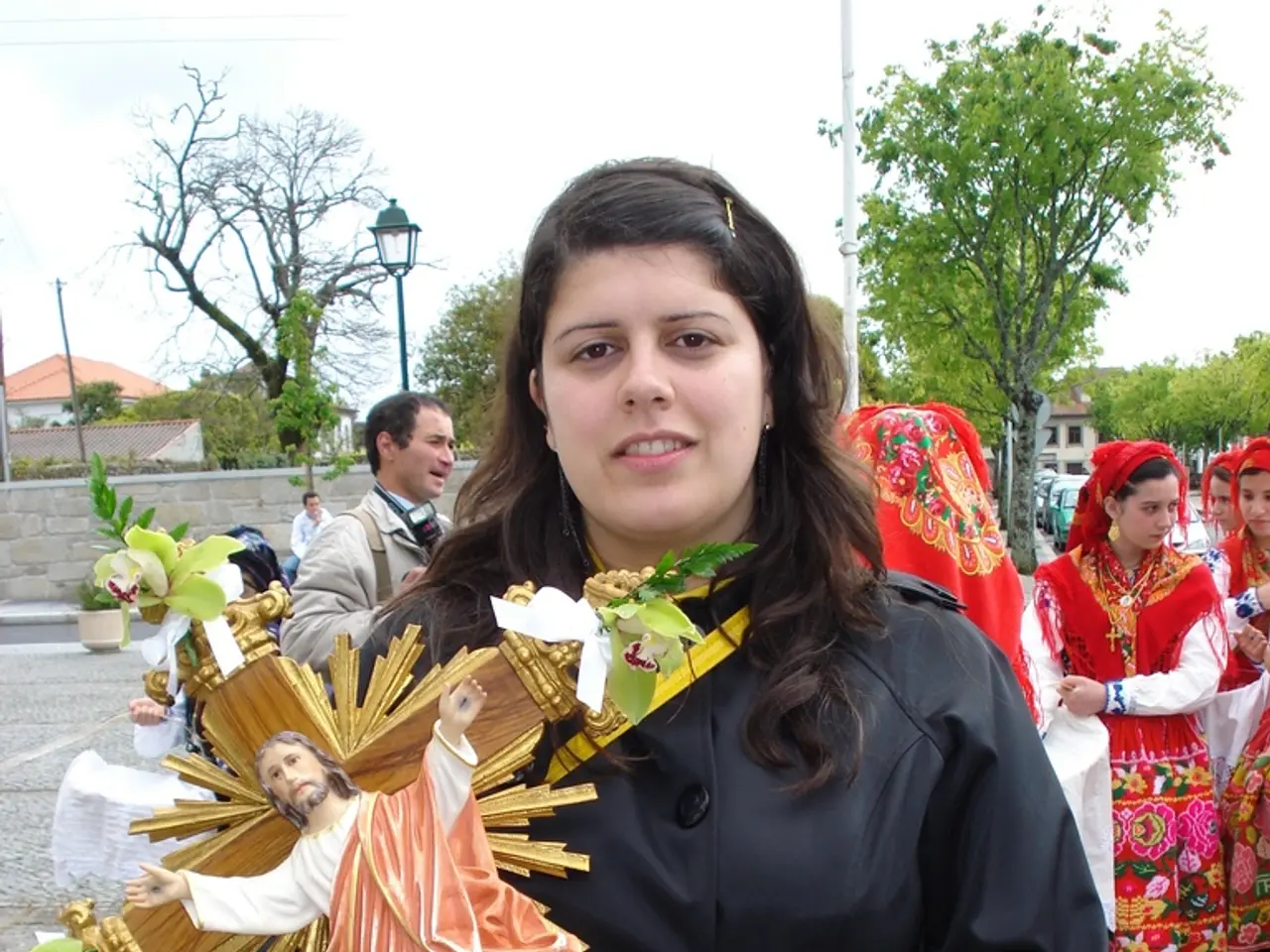In Norway, thirty-six Christian organizations promise to instruct on the biblical and scientific perspectives regarding gender roles, marital relationships, and children's rights.
Joint Christian Declaration on 'Diversity of Gender and Sexuality' Sparks Debate in Norway
A joint declaration by Christian organizations in Norway has ignited a controversy over religious freedom, human rights, and the acceptance of gender and sexual diversity. The document, titled the Joint Christian Declaration on 'Diversity of Gender and Sexuality', advocates for recognizing and respecting the full spectrum of gender and sexuality as part of God's creation, and calls for radical hospitality and full inclusion of LGBTQ+ persons in church life and ministry.
The signatories, which include several churches and Christian organizations, hold a historic view of marriage and sexuality, based on their faith in the Bible as the Word of God, recognition of biological realities, and respect for the human rights of children. They argue that there are only two biological sexes, confirmed at conception, and that the notion of gender being a subjective category with the ability to be freely chosen based on feelings or preference is based on ideology, not biology or science.
The document expresses concern that teaching children that they may have been "born in the wrong body" or that "gender is 'fluid'" may lead to confusion, insecurity, and destructive life choices. It also criticizes public authorities and governmental bodies for exceeding their mandate and power by attempting to pressure citizens and organizations to adapt to "queer theory" on gender, sexuality, and marriage.
The Minister for Equality of the Norwegian government, Lubna Jaffery, reacted to the declaration, stating that some of its points were "scandalous." Jaffery suggested that "queer Christians" would "not feel particularly welcome" in the organizations that have signed the Joint Christian Declaration.
The Roman Catholic Church in Norway is among the churches and organizations that have joined the declaration. The signatories believe that human rights, including "freedom of expression and conscience, as well as religious freedom," are central and essential. They hope for Norway to continue as a "democratic, pluralistic, and open-minded society where there is space for diversity of beliefs characterized by mutual respect."
The organizations and churches state that they will not compromise on Biblical truths, even if these truths should conflict with political pressure or societal trends. The document addresses the debate around surrogacy, stating that it is "no adult's right to have a child," and that neither mother nor father, nor the wider family of either, is superfluous or irrelevant in a child's life.
The document asserts that sexuality outside the bond of a man and a woman is "at odds with the Bible's theology of creation and with Jesus's ethical teaching." It also argues that such activism on the part of government violates religious freedom and freedom of conscience, as well as the rights of parents.
The exact wording or a list of official Norwegian signatories was not found in the search results. However, the context suggests that the declaration aligns with ecumenical efforts promoting gender and sexual diversity acceptance within the Christian faith, supported by Lutheran and other progressive Norwegian Christian bodies.
The debate around the Joint Christian Declaration on 'Diversity of Gender and Sexuality' underscores the ongoing tension between religious beliefs and societal norms on issues of gender and sexuality in Norway and beyond.
Read also:
- United States tariffs pose a threat to India, necessitating the recruitment of adept negotiators or strategists, similar to those who had influenced Trump's decisions.
- Weekly happenings in the German Federal Parliament (Bundestag)
- Southwest region's most popular posts, accompanied by an inquiry:
- Discussion between Putin and Trump in Alaska could potentially overshadow Ukraine's concerns








